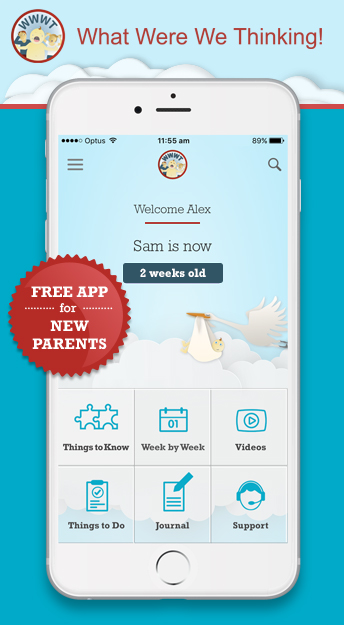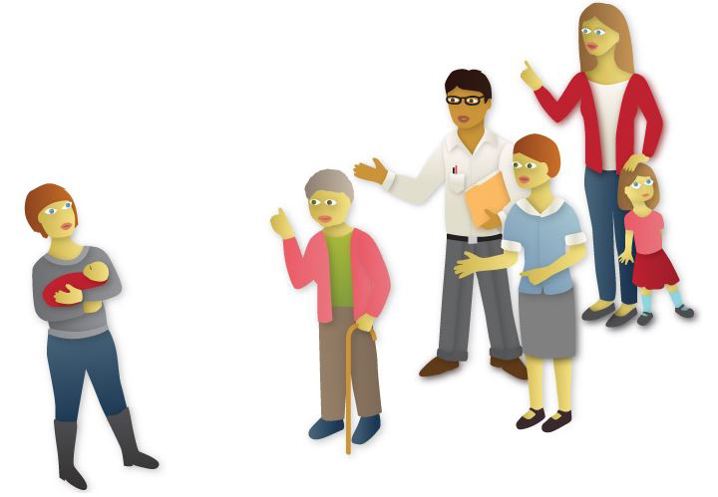When the "breast is best" message isn't helpful
By Heather Rowe
Sometimes the health messages we hear make us feel good, that we are doing the ‘right thing’ and that our families will benefit from our dedication and hard work. Think of days when you have managed to get out and take that walk with the pram, or when you avoided taking your baby into a space where people were smoking. But sometimes health messages can sap our confidence, make us feel like a failure, and make us fear that everyone else is doing it better than we are ourselves. Ever felt like this? Well you are not alone - most women have these feelings at times. A great example of how health messages can affect women’s confidence is breastfeeding. Nearly everyone knows that ‘breast is best’ for babies and mothers but most of us who have ever tried to breastfeed also know that it can be difficult. There are a number of reasons breastfeeding isn’t as simple as ‘breast is best’: Sometimes it hurts a lot, especially in the early days and weeks, sometimes there can be too much or not enough milk and sometimes the baby doesn’t know how to latch on properly. It might take tremendous perseverance to do it successfully and for some women, breastfeeding may never be an option.
My research into anxiety among women who had recently had a baby revealed some interesting findings about the pressure to breastfeed. For some women, the inescapable ‘breast is best’ message can cause feelings of failure and isolation.
Sometimes, for whatever reason, a woman decides that she can’t or doesn’t want to breastfeed. This decision is likely to be an informed choice because almost everyone has heard the messages so often and knows the pros and cons of bottle feeding versus breastfeeding. She has made the best choice in her circumstances. But the messages that promote breastfeeding are everywhere, and it is likely that these messages will make her feel sad and probably guilty for making that choice.
Even hearing other women being praised because they are breastfeeding can be hurtful and can make a woman feel that she doesn’t belong or that she is not a good enough mother. This is really unhelpful. All women need support and praise for the work they are doing, regardless of how they are feeding their baby.
The Speaking Up for Yourself worksheet has some good ideas about what to say when someone says something insensitive or doesn’t understand the decision you have made. When we speak up for ourselves we learn to understand our own circumstances better and feel more confident.
Heather is Senior Research Fellow with expertise in women's health research and health promotion practice. She translates expert knowledge into mental health promotion programs for women and their families. She has a special research interest in using technologies to reach diverse groups of women and their families during the childbearing year and at other phases of life.
Posted in: A new reality Baby 0-4 weeks Baby 5-8 weeks Parenting Experts Your needs









